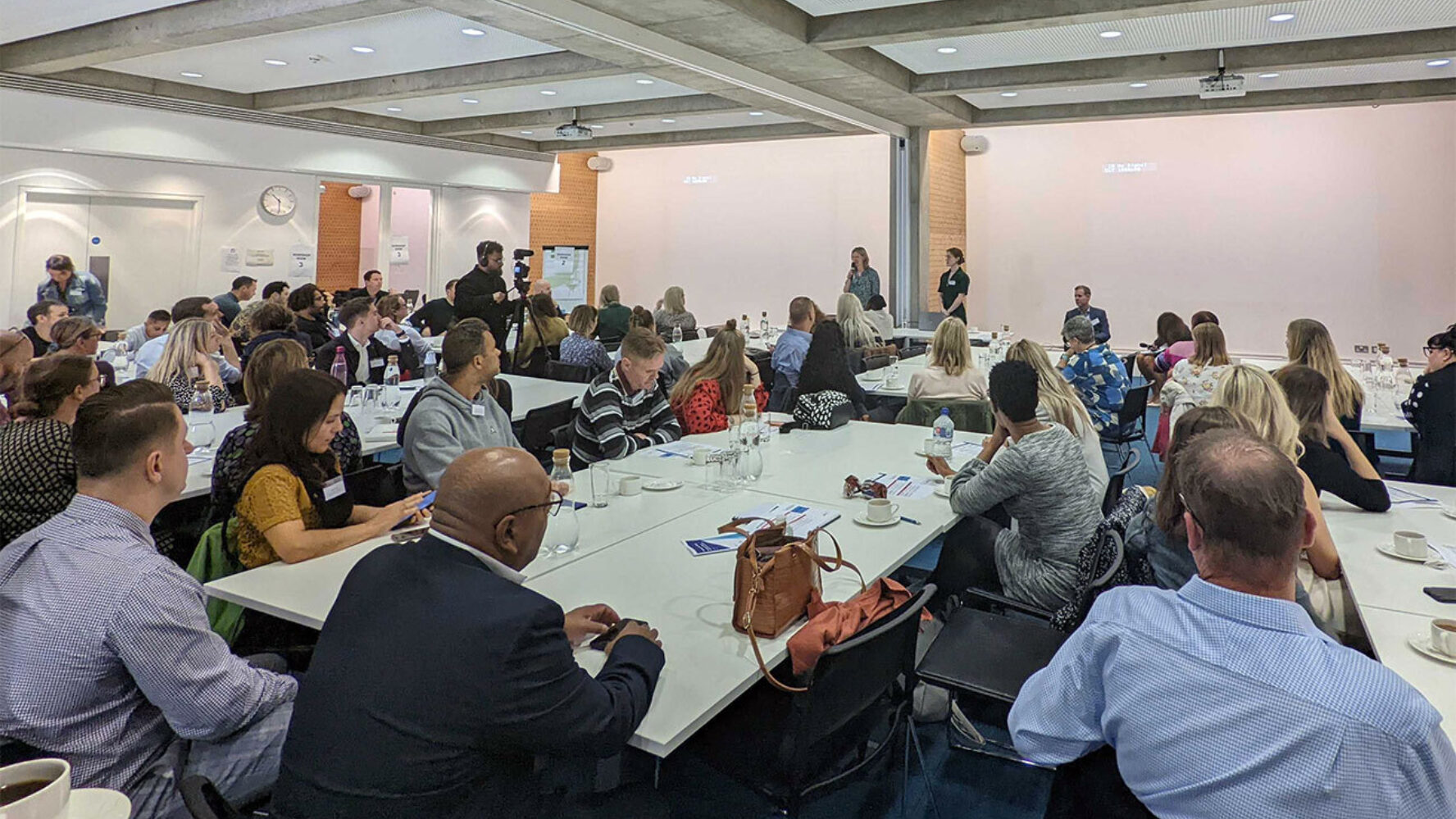
What is meaningful data for people with multiple disadvantage?

Changing Futures is a £64m three-year programme to support 15 local areas to transform their systems and the way they provide services to those facing multiple disadvantages, defined as people experiencing three or more of mental ill health, domestic abuse, offending, substance misuse and homelessness.
Last month the Changing Futures team held its second national event, bringing together people with lived experience, system leaders, service managers and wider Changing Futures staff to connect and learn from one another. We wanted to support areas to think about and discuss what data is most useful and why, in their local context.
The objective of the data workshop was identifying data needs and the different ways in which data can be presented for three key audiences: service users, operational managers and senior system stakeholders. To do this, we discussed three questions:
- What do these groups want or need to know?
- What data is needed to show this?
- How best can we communicate this data?
What did we learn?
- Participants in the workshop found it more difficult to think through the data needs of operational managers and senior system stakeholders compared to service users, suggesting people have a good understanding of what matter most to service users and less understanding on what data is most important to senior system stakeholders which could affect the buy-in and longer-term sustainability.
- If data being collected for senior system stakeholders does not clearly connect with data that service users care about, it becomes difficult to justify why it is being collected. This is important to ensure data collection is trauma-informed.
- The communication of data is arguably more important than the data itself. If good data is being communicated poorly it can affect the decisions that are being made off the back of it.
- Finally, many of the Changing Futures areas are collecting data via surveys, user story-telling, videos, dashboards etc., and are finding the sharing of examples for ideas and inspiration very helpful.
What came out of those discussions?
The room was split into groups and asked to think about these questions for at least one key audience. Outlined below is what came directly out of those discussions.
Service users
- Service users want to know why their data is being collected and want it to show individual progress on care pathway e.g. progression in recovery.
- To show this a variety of data may be needed, however it will also be dependent on what matters most to service users. For example, some may be more interested to know their progress in the housing referral process and others may be more interested in the progress they have made in terms of their relationship with their case worker.
- The importance of data being shared from a strengths-based perspective and with care was also highlighted.
Operational managers
- Operational managers want to know service measures such as the number of people receiving provision, number of people waiting for provision and trends in needs. They are also interested in understanding the impact of different delivery approaches and ways of working to better understand what works well and what does not.
- To show this they require lots of quantitative data such as referral data, aggregated outcomes. However, to contextualise what is happening operationally, they also need qualitative data such as the experiences of service users and staff.
- It is important to benchmark data against historical data and ensure it can be easily translated for strategic conversations with commissioners.
Senior system stakeholders
- Senior system stakeholders such as commissioners need to know if programmes such as Changing Futures are delivering good services to the right people and for value of money. They also need to know how need across their system is changing and where they need to address unmet need. Other areas they need to know about are system barriers and contracts and compliance
- To show this data senior system stakeholders often need data from impact reports, risk registers, service learnings and value for money analyses
- Groups noted that this type of data is openly communicated through reports, however they expressed the importance of clear visuals and insight to inform decision-making
What’s next?
We hope to continue supporting Changing Futures areas to gather better data on multiple disadvantage; we run monthly communities of practice with data leads across the programme to connect and share learnings on data. Our next session will focus on alternative ways to visualise data to improve communication and understanding by using live examples across the programme.s
Get in touch
If you’re interested in finding out more about the data and digital work on Changing Futures, we would love to hear from you.
Contact Sabrina
